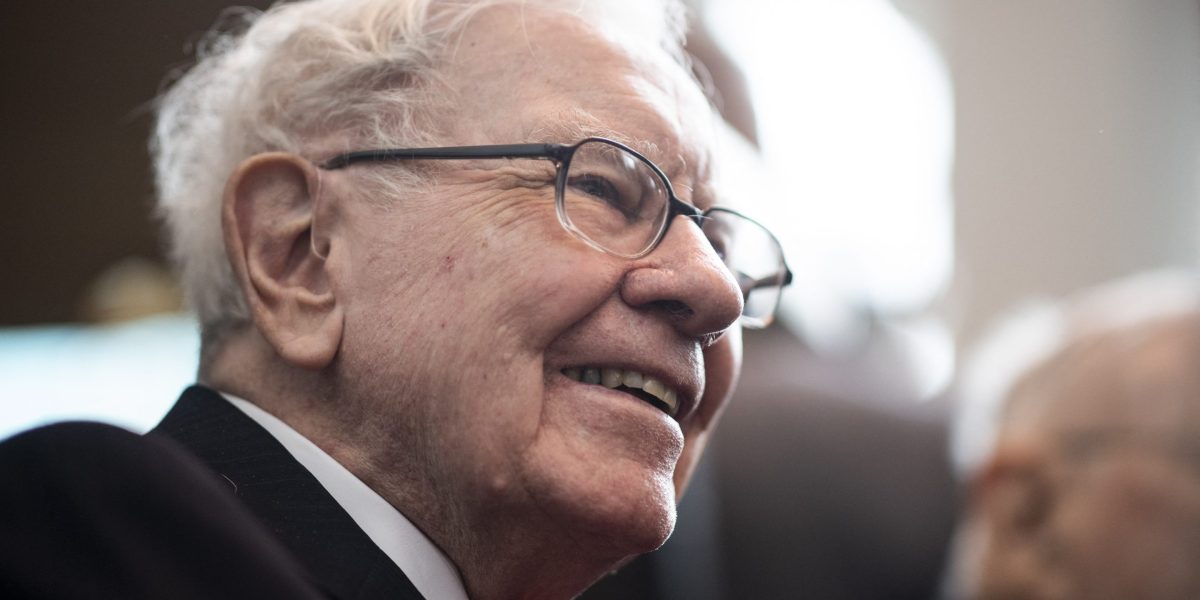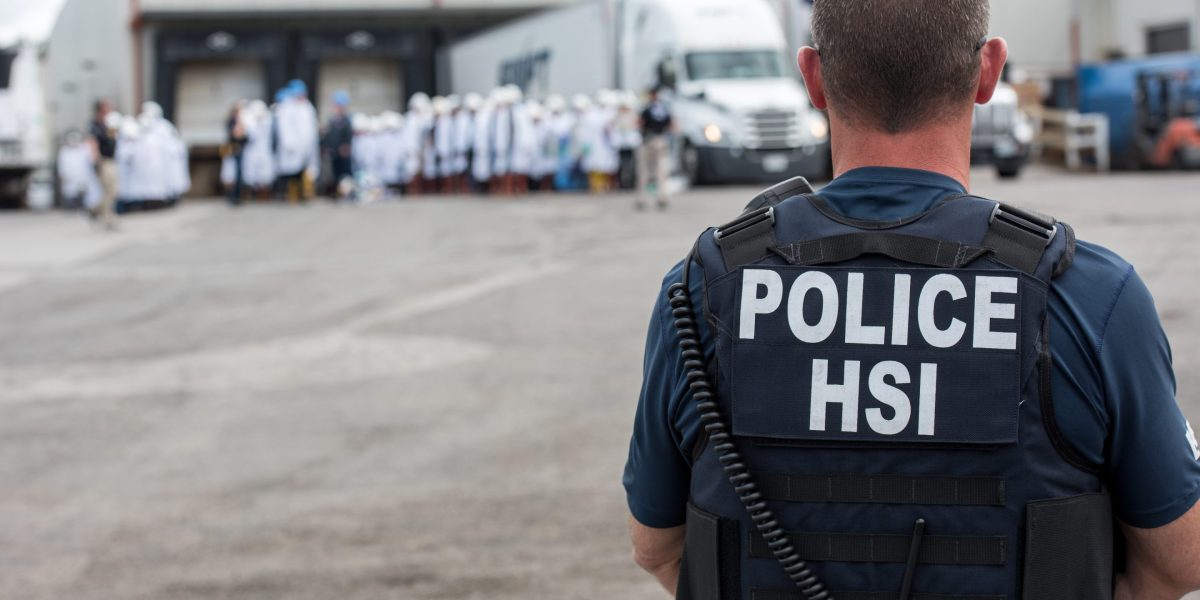
- Stock market accident President Donald Trump's global tariffs have brought Warren Buffett's investment investment investment in the last year into fresh light and underline its caution in the middle of the once bull market. Its decision last year to get rid of most Berkshire Hathaway Apple Shares now look particularly good timed.
Berkshire Hathaway Last year, the investment transfer of the chairman and CEO of Warren Buffett now seems to be incredibly timed due to the melting of the stock market caused by the global tariffs of President Donald Trump.
In the last two trading sessions, the S&P 500 crashed by 10% and the wide market index fell by 17% from its peak in mid -February. Meanwhile, technical Nasdaq And Russell 2000 with little capitalization is on the territory of the bear market and has decreased by more than 20% of their recent maximum.
From Trump“Day of liberation”Notifications on Wednesday, US stocks lost more than $ 6 trillion on the market cap in the worst selection from the first days of the Covid-19 pandemie in 2020 as Prices on Wall Street in the US recession induced by tariff.
But Buffett seemed to have predicted a market decline arrival. Berkshire sold $ 134 billion shares in 2024 – while the bull market was still raging – and at the end of the year it sat at a record pile of cash of $ 334 billion. This is almost double from the year earlier and more than its reduction portfolio of shares of $ 272 billion.
For years, he has also complained that the award is too high, and due to the lack of negotiating benefits is too high and postponed her cash about large acquisitions.
Most Berkshire cash is in short -term cash registers that not only offer shelter from the storm but also provide a conglomerate tidy profit that Buffett noted in their last a letter to shareholders.
“This helped us a predictable major profit in investment income when the revenues of the Treasury Act improved and we significantly increased our shares of these high -term short -term securities,” he wrote in February.
In addition to what he bought, what he sold is also excelled in terms of the market.
Last year, Berkshire reduced Apple's share with about two -thirds, which represents most of the company's sales, although the iPhone manufacturer remains its biggest shares.
The sale of shares that came in the first three quarters of the year also occurred, while Apple was still on the rise, reaching the peak in late December.
But from this peak, Apple collapsed by 28%, because it is expected that US tariffs will hit China particularly hard. This is because Apple, like many technology companies, relies on China for parts and production.
With the latest Trump tariff, imports from China face 54% of duty. And if the administration monitors its threat to hit the “secondary tariff” on countries that buy oil from Venezuela, the rate could hit 79%.
Meanwhile Berkshire was too Unloading Bank of America's shares and Citigroup. The shares of both banking giants dropped by 22%this year.
Berkshire, on the other hand, the B Berkshire increased by 9%this year, although they carried out a modest intervention last week. A wide range of companies, such as insurance, rail and energy, are mostly focused on the US and less exposed to imports.
As a result, Buffett's personal happiness has grown this year, unlike his peers. According to Bloomberg billionairesIts net assets expanded by $ 12.7 billion this year to give it a total of $ 155 billion, placed it on 6 on the list, and basically tied it to Bill Gates, whose own capital decreased by $ 3.38 billion.
Elon Musk remains no.
When Buffett's observers wait for a recent market accident to eventually make him a large acquisition or purchase of shares, his February letter can offer a guide.
“Berkshire shareholders can be sure that we will forever deploy a substantial majority of our money into shares – mostly US stocks, although many of them will have international operations,” he wrote. “Berkshire will beneverPrefer to ownership of equivalent cash over the ownership of good enterprises, whether controlled or only partially owned. ”
This story was originally listed on Fortune.com



